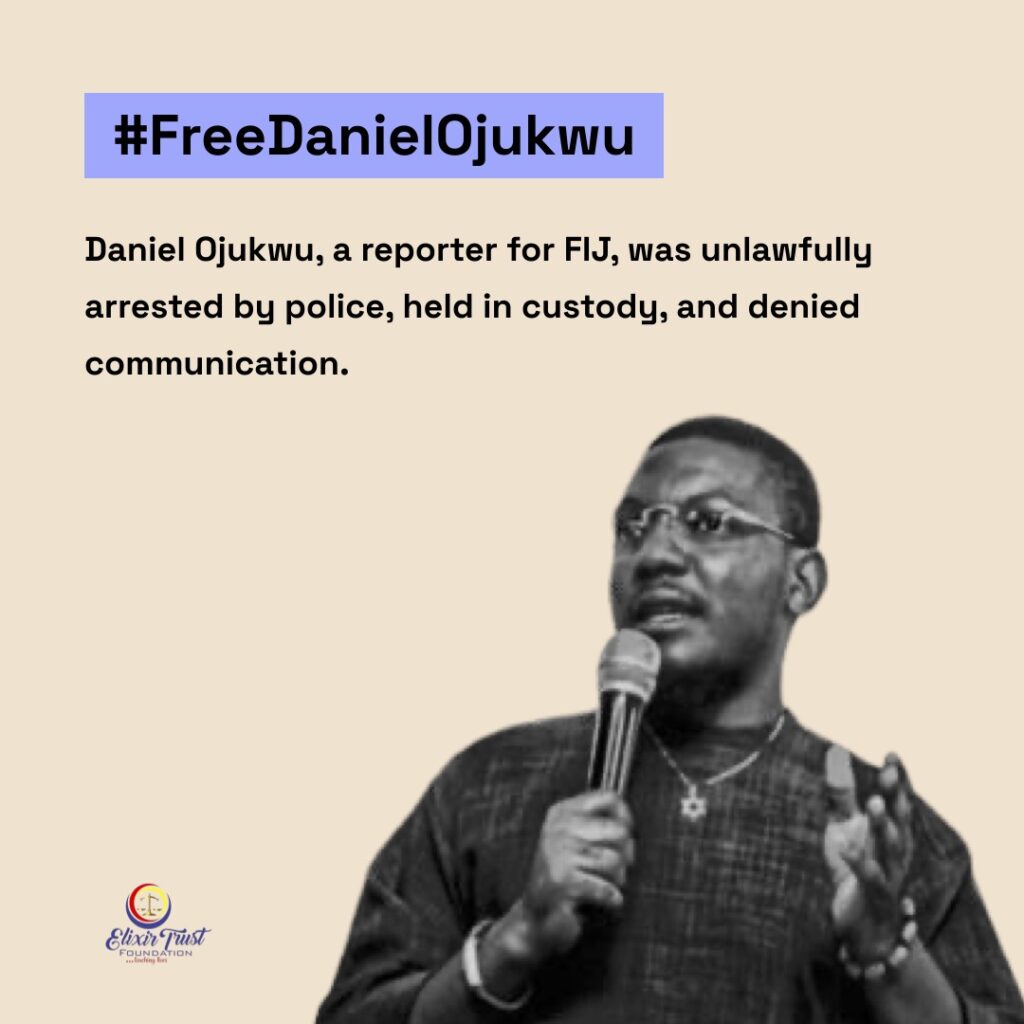The Dilemma of Sanction

By Jerome-Mario Utomi
Within the diplomatic and political circle, ‘Sanction’ has existed for years. According to Nigeli Gould Davies, an associate fellow of Chatham House, the Royal Institute of International Affairs, it has effectively been used by the global body to compel policy change in a nation’s course of action, deter future actions and send strong warning of the consequence of the unacceptable actions by threatening retaliation, and in case after case used to condemn violations of the international order. Sanction has the capacity to; disrupt trade, impose cost on a target state. These costs are not an end in themselves, but a means of achieving political goals and upholding international order.
By contrast, the March 2014 sanction on Russia imposed by the United States of America (USA) and the European Union (EU), in response to its (Russia), occupation of Crimea remains the most serious of such sanctions in recent years.
However, more recently, development in the world, such as the heated debate on the real and imagined cause/origin of the Corona Virus pandemic, between the United States of America(USA) and the Peoples Republic of China(PRC) has gradually made ‘sanction’ become established as one of the most commonly used word in the international/foreign policy lexicon.
This new arguments put forward is by no means limited to these two world powers. The conflict of opinion is equally drastically expanded among nations, groups and institutions. While some are insisting that China and U.S must cooperate to lead the world out of the coronavirus danger as both sides have chipped away at global coordination in recent years, others are of the view that one clear way of condemning an action is to punish the individuals’ and entities responsible for making and implementing it.
Take as an illustration, Zhao Lijian, foreign ministry spokesman, in China and Dr. Pingjian, Ambassador of China to Nigeria, belief that solidarity and cooperation should be the most potent weapon in maintaining steady development of China-US relations-and should be the fundamental interests to all at the moment, the likes of Tom Ginsburg, an international law expert and political science professor at the University of Chicago, Obiageli Ezekwesili, former vice-president for the Africa region at the World Bank and the former minister of education for Nigeria among others are of the view that from the available facts, China, under international law should be held responsible for the losses incurred due to coronavirus which emerged in Wuhan, China late last year and swelled into a pandemic.
Also understandable is the piece of information that the world has, as a result of the raving Covid-19, entered a period of regret and atonement; and the global community is in a regrettable season. Yet, looking at the present situation and the crowd of victims, the most compelling concern before the world should not be calls for sanction but finding answers to; when will the ‘conflict and turmoil subside? How will the global community recover its equilibrium and absorb the lessons from the present predicament?
Other secondary questions are; did China truly suppress vital information from the rest of the world on COVID-19 as maintained in the public domain? Could China be found liable for, or sanction by a court? How can nations get any reparation considering the fact that like the Russia’s experience which failed to achieve its targeted objective, China is also authoritarian, not a democratic state? How will the world treat the fact that China is not an isolated economy but a major economy with capacity to fight back?
Also, available reports, comprehensive and influential studies of sanctions show that out of the about 174 sanction cases from 1914 to 2000, only paltry 34% were successful. Under this condition, what is the probability that sanctioning China will produce a different result or join the leagues of unsuccessful attempts?
Against this background of broad concerns, coupled with a number of important changes now taking place in the structure of the world economic power of which not all is fully understood-as some are still unrecognized by the great majority of nations, there are so many factors to consider and useful lessons to learn from past experiences particularly as those factors that impeded success in previous exercises are still very much alive and active in China.
Fundamentally, many writers, development minded individuals and institution have argued that China’s economy cannot survive the global economy if faced with sanction. Such argument is based on the premise that China’s economy is too dependent on external demand from the United States and Europe. The 12 countries hardest hit by the Corona virus today account for about 40 percent of China’s exports. Many of these countries are also China’s top suppliers of intermediate goods.
In almost exactly the same way, a report recently noted that China’s economic expansion has led to rapidly growing demand for oil over recent decades, at the same time as its domestic production has fallen. For instance, in 2016, the report noted, Chinese demand was 11.5 million barrels per day (mb/d) whereas its production was merely 4mb/d. In recent years, China has become the largest oil importer in the world and a major global actor in the crude oil market. Its dependence on imported oil reached 68.6 per cent in 2017, up from 51.9 per cent in 2009.
Mountains of evidence also point to the fact that Chinese leadership belief that, as an equity holder and creditor in Africa, it could better ensure secure access to critical raw materials there. As a result, China has opened its checkbooks and become the most active non-traditional lender in Africa. Presently, Africa’s indebtedness to Chinese government, its contractors and banks amounts to over $140 Billion.
That notwithstanding, it is important to expose the fundamental flaw in the basic arguments by the proponents of sanction. Separate from the fact that as an economic world power which makes China economically alluring, one point advocates of sanction must not fail to remember is that in today’s world, ‘no sanction regime is water tight’.
Take as an illustration, China, going by commentaries, represents a far more competitor to the U.S. and the entire world. In the last century, no other US adversary including the Soviet Union ever reached 60% of US GDP. But China passed that threshold in 2014, in purchasing power terms; its GDP is already 25% greater than that of the United States. And its economy is more diversified, flexible and sophisticated- a feat that qualifies it as economically indispensable to other nations and emerging global leader in several economic and technological sectors.
Apart from the recent revelation that some leaders are embracing Beijing’s narrative and applauding its methods in combating the outbreak—including officials in Cambodia, Iran, Pakistan, and Serbia, the failure of the G-7 foreign ministers to reach agreement on a joint statement because the U.S. delegation insisted on calling the novel coronavirus the “Wuhan virus,” is a pointer that China could be having rocksolid support/patronage from other world powers.
The truth is that each passing day, China brings more evidence for all to believe that it has come to stay as a world and should be treated as such. And one event in recent years that did well to prove such assertion was China’s move to increase its role in global energy governance through gradual seeking of membership or establishing strong cooperative relationships with a range of international organizations and entities, including the international energy forum (IEF), OPEC, the World Energy Council and the International Renewable Energy Agency (IRENA).
More recently, China’s energy diplomacy as reported, has started to construct an alternative energy governance structure in the BRICS forum (Brazil, Russia, India, China and South Africa), the Shanghai Cooperation Organisation (SCO) and the G20.
Finally,it is important to underline that though China has in the past pointed fingers at other nations, but one point the global community must not fail to remember in the present discourse is that ‘as with any policy instrument, the more ambitious a sanction goal, the less likely it is to succeed. Sanctions are most effective in inducing modest policy change, and least so in stopping military action or bringing about regime change-though there are successful cases of both’.
Jerome-Mario Utomi, Lagos, Nigeria.


